Find Help
Quick links
Contact RCI



The 1980s and ‘90s were critical decades for breaking the silence on sexual violence. As part of a global movement, women in Ireland started protesting publicly and campaigning to change legislation which framed women as ‘property’ rather than rights-holders. The first major success was the new law outlawing rape within marriage in 1990. This shift happened thanks to campaigning by feminist groups, including rape crisis activists, with the first two Rape Crisis Centres in Ireland founded in 1989 in Limerick and Dublin.
These six now included Mayo, Cork, Galway, and Belfast. These centres came together to support each other, share learning and build peer accountability with the over-arching aim to influence policy by bringing the voice of the survivor to the attention of policymakers.
In the beginning these six Rape Crisis Centres had built up their services without any funding from government, or any office space. They relied on volunteers and donations to keep basic services running and operating from the front room of their homes. Outreach had to be undertaken below the radar, with meetings set up with survivors in anonymous places, like hotel lobbies, where information and practical support could be offered discreetly.
Around 1995, these Rape Crisis Centres began to receive small amounts to cover training, premises and advertising services, but it was not enough to cover salaries and running costs for those who were involved.
Fiona Neary, who was a founder of the Mayo Rape Crisis Centre, alongside Ruth MacNeely, was chosen to lead the National Network, later renamed Rape Crisis Network Ireland (RCNI). The network developed shared initiatives and campaigns for better and funded services and reform of laws on rape and sexual violence. The network also built working relationships with statutory bodies, such as the Gardaí and the health boards.
1997 was a critical year, with the establishment of a taskforce on Violence Against Women chaired by Minister for State Eithne Fitzgerald. This landmark taskforce marked a paradigm shift with a commitment across government to tackling sexual violence.
In the following decade, the network grew and passed a number of critical milestones, including the development of a formal charter of membership. We also developed a full suite of service standards for Rape Crisis Centres.
This data, and our analysis, allowed us to publish our first report, which highlighted patterns of violence and access to justice around the country. These reports, which went on to be issued annually, have been critical in ensuring that our analysis and advocacy is based on data.
The database is a cornerstone of our work – by 2014 its use had been taken up across the sector. In 2014, 93% of survivors of sexual violence who contacted NGOs had their experiences recorded in our database.
In 2007, the network set a new priority with partners in the sector to lobby for standardised pay and conditions in the Domestic, Sexual and Gender-based Violence (DSGBV) sector. This campaign was successful in 2008, and it included an additional €5m for the sector in that budget year.
One of our achievements was for more SATUs to be opened across the country, providing this critical service for survivors.
A broad agenda of legislative change and reform of education and primary prevention was also achieved in this period. For example, RCNI first advocated for a move to a consent-based definition in the law in 2008 and drafted this wording, which was finally enacted in 2017.
We developed a consent-based education programme in an innovative partnership with national youth organisation, Foróige, to combat victim-blaming and move towards interventions that work. This approach has since become standardised across education and awareness initiatives on this subject, not least because we drafted and successfully advocated for adoption of a primary prevention approach in public funding in this area as a matter of policy.
This resulted in a raft of changes across statutory Justice agencies. For example, the Garda Síochána’s first policy on the investigation of sexual crime, crimes against children and child welfare 2010.
In 2015, Clíona Saidléar was appointed CEO of Rape Crisis Network Ireland following radical cuts to RCNI by the new statutory agency Tusla. The network continued supporting survivors, professionals and Rape Crisis Centres around Ireland with data collection, legal advice and training support. We continued to collaborate on shared standards notwithstanding the changes in governance for Charities in 2019 as well as advocating on a range of issues, from curriculums in secondary schools, to legislation on the use of evidence in court.
RCI has won awards for pioneering work in data collection and standards, and is seen as an exemplar of sexual violence specialisation across Europe with endorsements from the EU Commission’s agency European Institute for Gender Equality (EIGE), as well as UN Women. We are also a key ally for sister NGOs across Europe to support their standards, models of practice and guidance.



